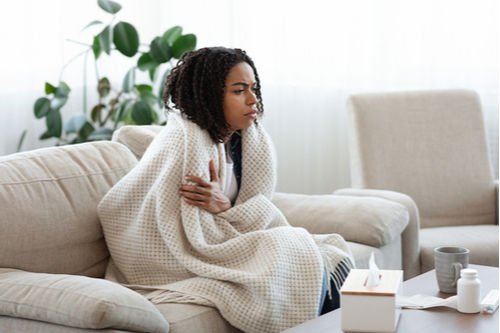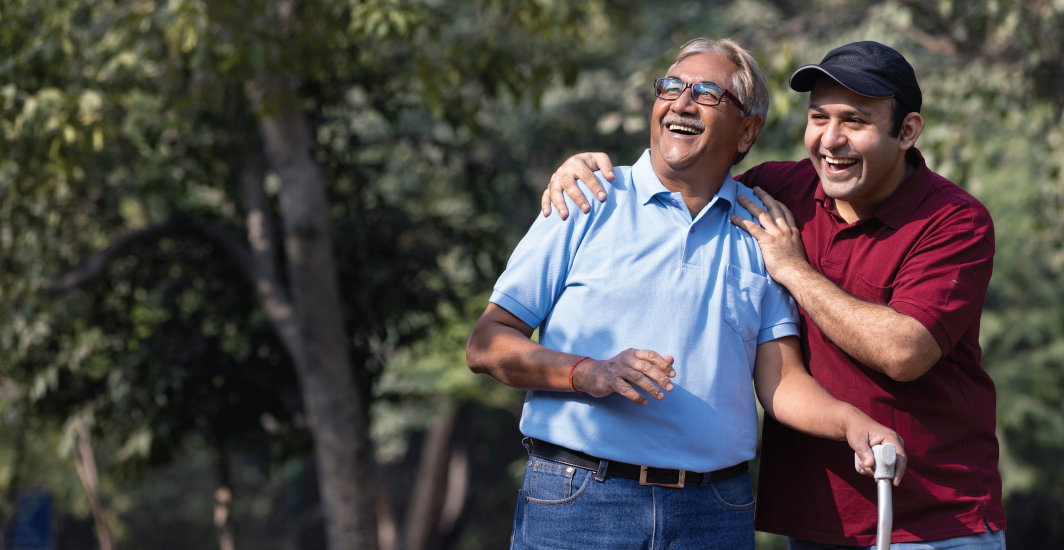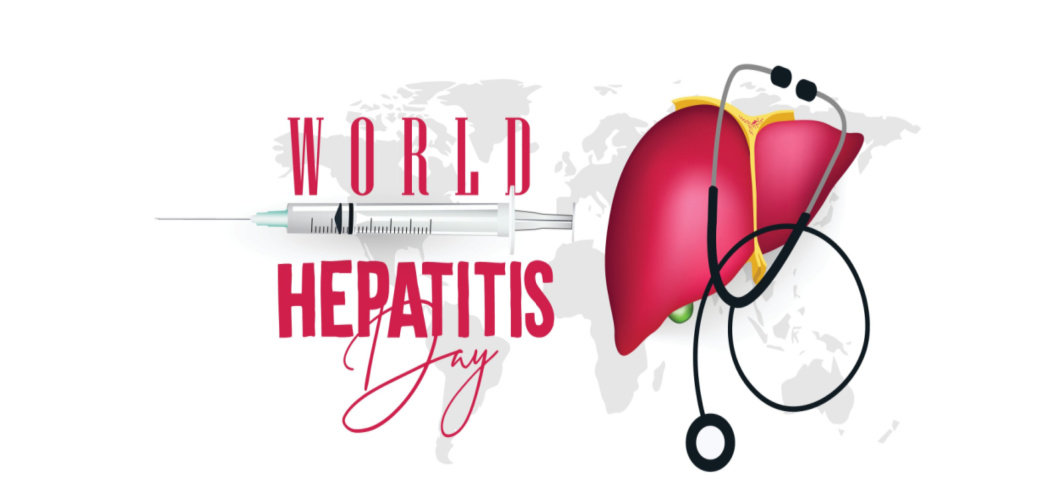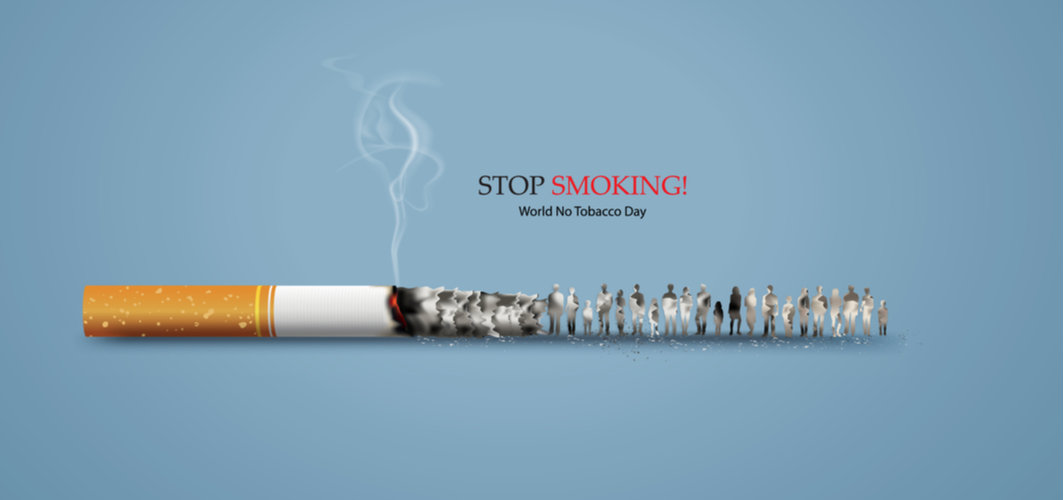- Home
- Blog
- Special Days
Can A Mosquito Kill?: All You Need To Know About Malaria And Its Prevention
Special Days
Can A Mosquito Kill?: All You Need To Know About Malaria And Its Prevention
By Apollo 24|7, Published on- 25 April 2022, Updated on -29 May 2023
Share this article
0
4 likes

Malaria is a disease that hardly demands any introduction in India. Until recently, it used to be a seasonal occurrence, i.e., infections would rise during certain months of the year and then ebb away. However, thanks to climate change, malaria has now become a health crisis that affects people throughout the year.
Despite the danger posed by this deadly disease, public awareness about it continues to remain low. This World Malaria Day, we thought of addressing the masses by highlighting some of the gaps in public understanding about malaria in detail below.
How do mosquitoes spread malaria?
Malaria infection occurs when a female Anopheles mosquito carrying a Plasmodium parasite bites an individual. P. vivax, P. ovale, P. malariae, P. falciparum, and P. knowlesi are the five types of parasites that can cause malaria in humans. The parasite can enter your body through a bite from an infected mosquito and stays in the liver for 5 to 14 days to mature. Once matured, the parasite enters the red blood cells (RBCs) and multiplies rapidly, making them burst open.
This process continues and triggers the symptoms associated with malaria. Without timely treatment, the condition can result in severe health outcomes and, possibly, death.
Can malaria occur without a mosquito bite?
Yes! Malaria parasite can also enter your bloodstream via:
- Blood transfusion
- Use of infected needles or syringes
- Organ transplant
Newborns can also contract the disease from their mothers at the time of delivery. This is known as congenital malaria.
What are the signs of malaria?
Malaria symptoms usually become noticeable within 10 to 30 days following the infection. However, in rare cases, one may not experience symptoms for upto a year. The delayed onset of symptoms in such cases is generally attributed to the ability of malarial parasites to remain dormant for extended periods of time. Meanwhile, some of the common malaria symptoms are:
- Fatigue
- Consistent feeling of discomfort
- Headache
- Chills
- Cough
- Nausea
- Fever
- Diarrhoea
- Muscle pain
- Joint pain

Who is at high risk?
Malaria can affect anyone, especially those living in tropical countries such as India. The risk of severe disease is specifically high in infants and young children, the elderly, and pregnant women.
How is malaria treated?
Prompt diagnosis and proper treatment can help people with malaria make full recovery in no time. The treatment of malaria aims at killing the malaria parasite. The most commonly used anti-malarial drugs include chloroquine phosphate, hydroxychloroquine, primaquine, atovaquone-proguanil, and quinine sulfate with doxycycline.
What happens if malaria goes untreated?
Unless treated on time, malaria can trigger several life-threatening complications including:
- Cerebral malaria (causes swelling in the brain)
- Pulmonary oedema (causes a buildup of fluid in the lungs)
- Kidney or liver failure
- Anaemia (low count of red blood cells)
- Hypoglycemia (low blood sugar)
Can malaria be prevented?
It goes without saying that avoiding mosquito bites is the most effective way of preventing malaria. Other preventive measures that may reduce the risk of mosquito bites are:
- Wear full sleeve shirts and long pants to cover your skin.
- Drain out stagnant water, especially during the summer and rainy seasons.
- Apply mosquito repellent with 20 to 30% DEET or 20% Picaridin to protect the exposed skin, except the face.
- Keep the doors and windows closed in the evening.
- Use mosquito nets at night.
- Spray mosquito repellent in all corners of your room or apply mild repellents to your clothes.
- Take anti-malaria tablets when travelling to high-risk areas.

Recently, the World Health Organization approved RTS, S - the first vaccine for malaria. While the vaccine has an efficacy rate of only 56%, it is believed to be effective in preventing severe malaria. So far, RTS, S has only been approved for inoculating children in some African countries. The vaccine is yet to get a nod from drug regulatory authorities for use in India. Meanwhile, following preventive measures can help lower your risk of getting affected by malaria in the first place.
Services
Special Days
Leave Comment
Services
Recommended for you

Special Days
Dad's Health: Checkpoints to Ensure His Well-Being
Celebrate Father's Day by taking care of your dad's health. Show your love by safeguarding his health for a fulfilling life.

Special Days
World Hepatitis Day: Know The 10 Most Important Facts About Hepatitis
Hepatitis is a potentially life-threatening liver disease, that, if caught early, can be treated efficiently. Read to know more.

Special Days
World No Tobacco Day: Reasons Why You Should Quit Smoking Today!
Apart from cancer, there are several other health problems linked to the use of smoked and smokeless tobacco. Read to know more.
Subscribe
Sign up for our free Health Library Daily Newsletter
Get doctor-approved health tips, news, and more.

